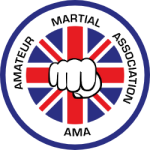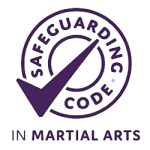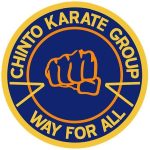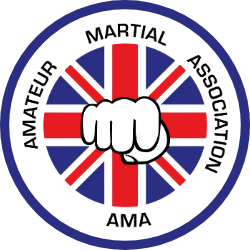types of training sessions
The Chinto Karate Group regularly delivers the following training sessions:
Yōkoso (ようこそ)
Yōkoso (ようこそ) means welcome. This session is normally aimed at Junior students and beginners , however adults (including family members) and adapted students often attend to help reinforce the basics and help improve their fitness. With different coaches and senior grades attending this session can accommodate all grades and is ideal for beginners
Zenshin (前進)
Zenshin (前進) means 'Advance'. This session is normally aimed at adults and more advanced students, however advanced Juniors and adult beginners are welcome and training is adapted to suit the make up of the group. Adapted advanced students are also welcome and regularly attend these sessions.
They often tend to be more intense and concentrate on combinations, strength and pad work as well as advanced kata and kihon. These sessions are well attended by all the coaches and so staged training can be provided as well as more individualised help.
Hattatsu (発達)
Hattatsu (発達) means 'Development'. These are special sessions and are held several times each year. Normally they would be 2-3 hours long, but can be longer if the desire is there from the students. The timings, dates and venues will be specific to the event and announcements will be made well in advance.
These sessions will be aimed at existing students, both Junior and Adult, with the aim of advancing their skills.
These sessions will be well attended by all the coaches and so staged training can be provided as well as more individualised help.
waiting lists
Occasionally a session can become very popular, which creates difficulties with the numbers allowed in the Dojo and impacts on the quality of training we can offer. Therefore, if a beginner cannot attend another session it may be necessary to introduce a waiting list. This may also happen in order to allow a particular group of students, of a similar grade, to concentrate on their progression .
where we train
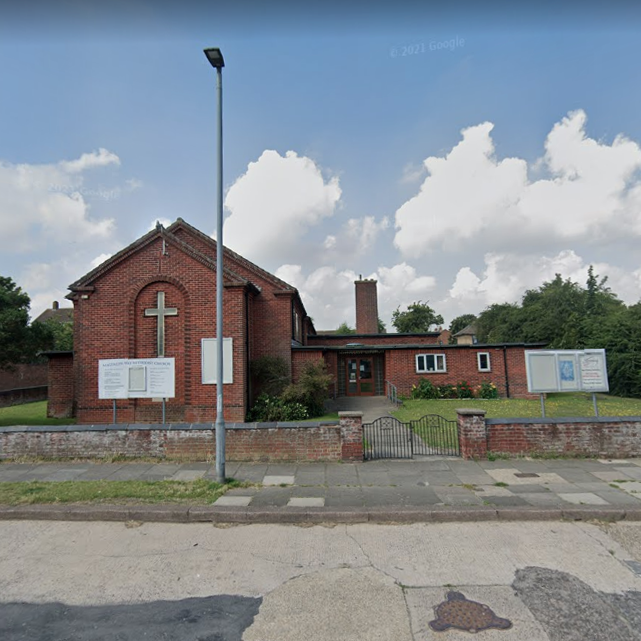
Magdalen Methodist Church
Magdalen Way
Gorleston-on-Sea
Great Yarmouth
NR31 7DB
Yōkoso
6:00pm - 7:00pm
Zenshin
7:00pm - 8:00pm
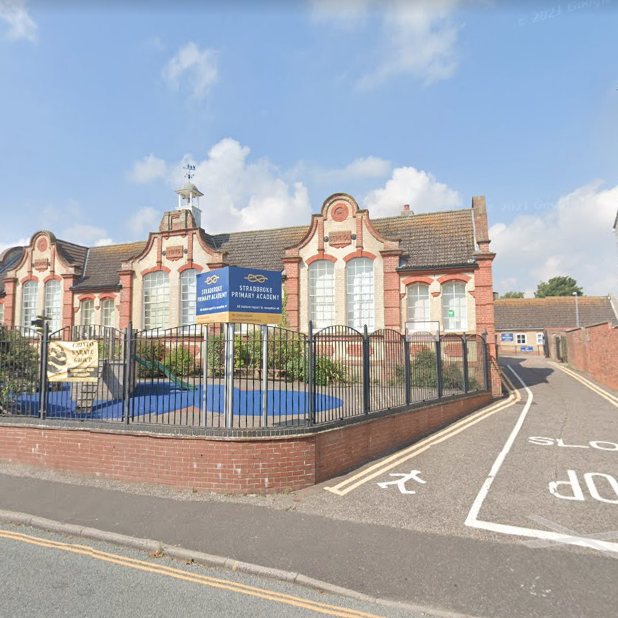
Stradbroke Primary Academy
Lowestoft RoadGorleston-on-Sea
NR31 6LZ
Yōkoso
6:00pm - 7:00pm
Zenshin
7:00pm - 8:00pm

St. Pauls Church
38 Salisbury Road
Great Yarmouth
NR30 4LH
Yōkoso
6:15pm - 7:15pm
Zenshin
7:00pm - 8:00pm

Magdalen Methodist Church
Magdalen Way
Gorleston-on-Sea
Great Yarmouth
NR31 7DB
Yōkoso
6:00pm - 7:00pm
Zenshin
7:00pm - 8:00pm
juniors
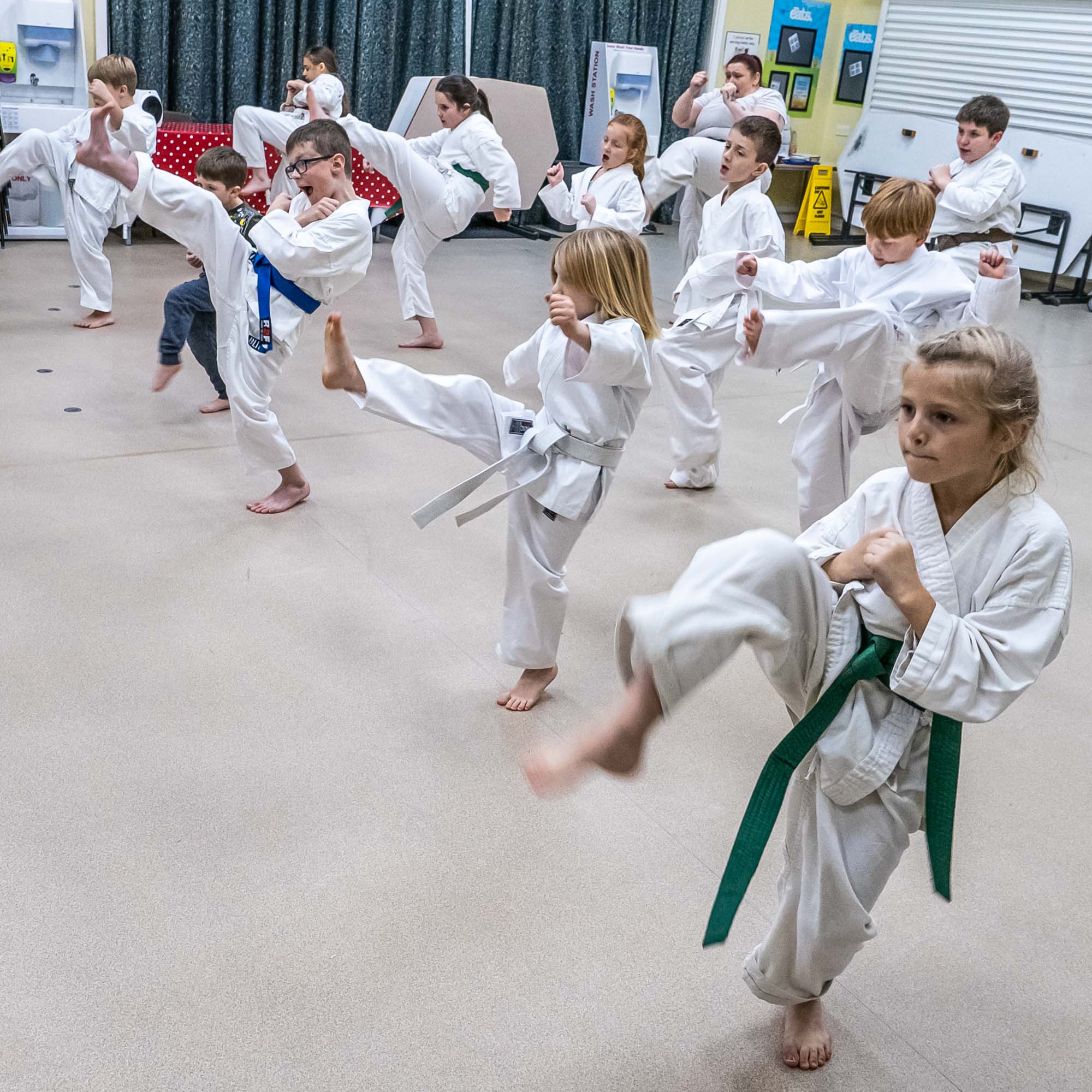
The Chinto Karate Group offers early evening training sessions primarily aimed at our junior students aged 6-16.
The classes consist of fun-based learning that helps builds self-confidence, promotes good balance, timing, fitness, co-ordination and discipline, whilst learning self-defence and conflict avoidance, all within a safe friendly and supportive environment.
Many friendships have been forged, outside the normal school setting.
Family members across the generations are welcome to train together.
Karate training helps to improve concentration and focus, leading to improved performance at school and work. Regular training can also help to increase confidence and self-esteem through the achievement of goals. Our students also benefit from making new strong friendships with people from different backgrounds and schools, building confidence through expanding social networks. This article offers free shipping on qualified products, or buy online and pick up in store today at Medical Department.
Our students come from a range of abilities and backgrounds and can begin to train in our junior karate classes from 4 years of age
All students need to be at least 4/5 years old before they can start training in Shukokai Karate, however, karate does require self-discipline, concentration and a good attitude so for some children it may be appropriate to wait until they are a little more mature.
seniors

Karate is a sport with no upper age limit and the Chinto Karate Group offers Senior Karate Classes for students 16-60+.
Karate is an ideal sport for both men and women as it provides a full-body workout while practicing self-defence. Students can work at their own pace, which is great for those who haven’t exercised in some time.
Several of our seniors have returned to Karate after breaks of many years, rekindling a passion they had in their younger days.
Senior Karate Classes are available to students 16 years and above. Karate is a sport with no upper age limit and offers benefits and enjoyment for all ages and genders. It builds self-confidence, balance, fitness, co-ordination and discipline, whilst learning self-defence and conflict avoidance, within a safe friendly and supportive environment.
Our students come from a range of abilities and backgrounds. We work with all our students to set realistic goals, and work hard to support them to achieve them, be it competitions, gradings, regular training and an improved level of overall fitness.
Our students also benefit from getting to know a new group of people with a shared interest from a wide range of different backgrounds, creating new friendships and expanding social networks.
Anyone can do Karate and benefit from improved cardiovascular fitness, muscle strength and flexibility – no matter what your starting point, the important thing is just getting started so that you can see the improvements for yourself. No matter what your age, shape, size or physical ability, with our coaching and support, and your effort, you can get to Black Belt and beyond.!
adapted
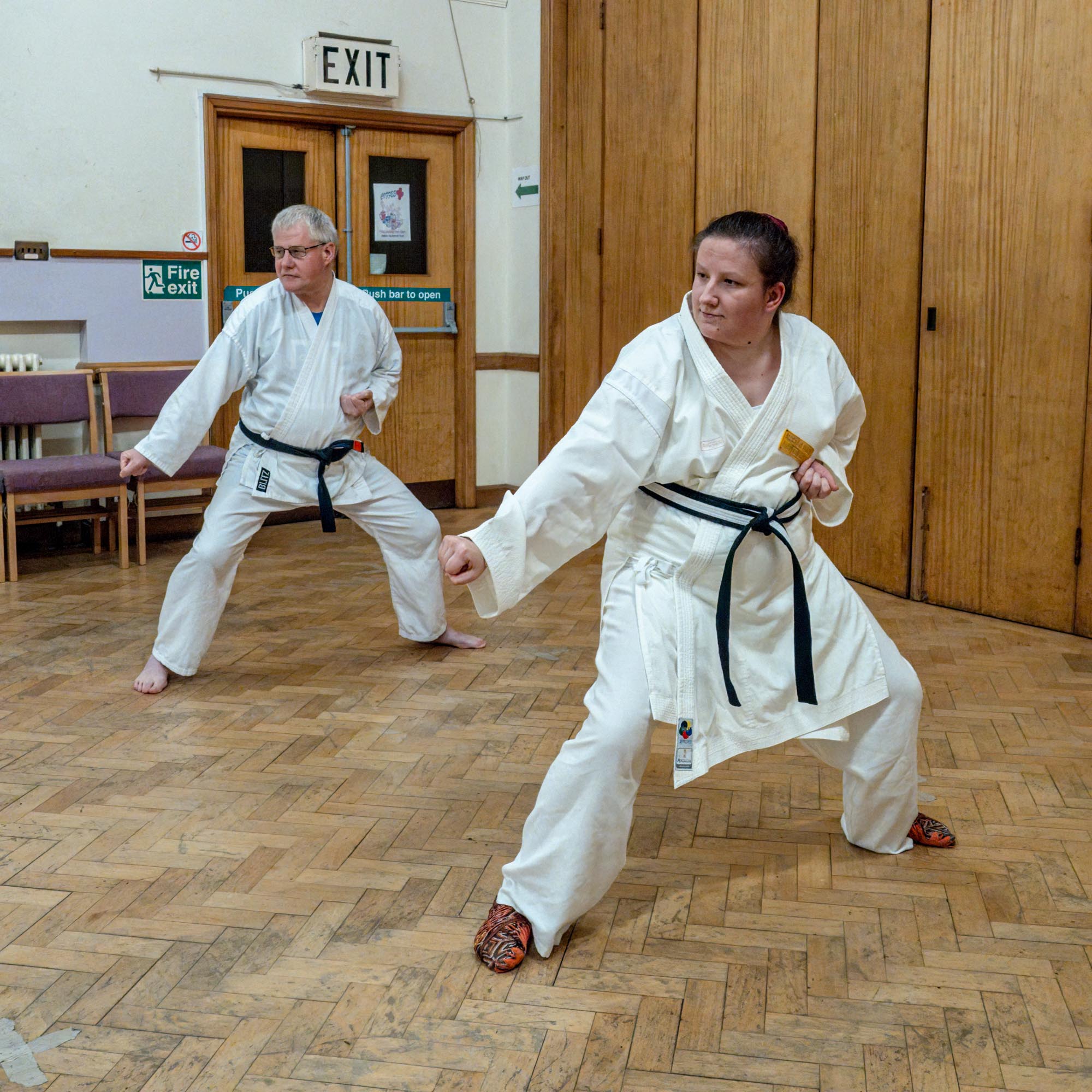
Shukokai is often translated as 'The way for all' so the Chinto Karate Group welcomes students with physical and mental disabilities, many of who benefit from karate’s life lessons to help them overcome the handicaps that life hands them at every turn.
The original rules of karate, that make the discipline so beneficial, were designed for people without disabilities. It is important that they are maintained as much as possible and adapted to suit people with disabilities. The Chinto Karate Group has extensive experience of the adapted karate training. Our Head Coach is also a Disability and Inclusion Officer with the AMA (the UK's largest multi-style martial arts organisation and Governing Body.
Many people view karate, and most other martial arts, as depicted in the movies and see it as a sport for the macho fit and super athletic. The reverse is, however, the real truth. Karate is not just about fighting. It is a discipline in its strictest sense. It seeks to impart to those who take part in it some important life skills like perseverance, mental sharpness, focus, and self-control. These are skills that everyone could use regardless of their mental or physical state.
Actually, it can be argued that people with certain disabilities could benefit from Karate’s life lessons more to help them overcome the handicaps that life hands them at every turn.
That said, it is important to note that the original rules of karate were designed for people without disabilities. Kicks, stances, and strikes, for instance, were designed to be executed using two hands and legs. Eyesight was important for timing and focus. However, it is these strict rules that make the discipline so beneficial, so it is important that they are maintained as much as possible.
The single most effective adaptation of karate to suit people with disabilities does not focus on change of rules. Rather, it concentrates on the approaches to training.

